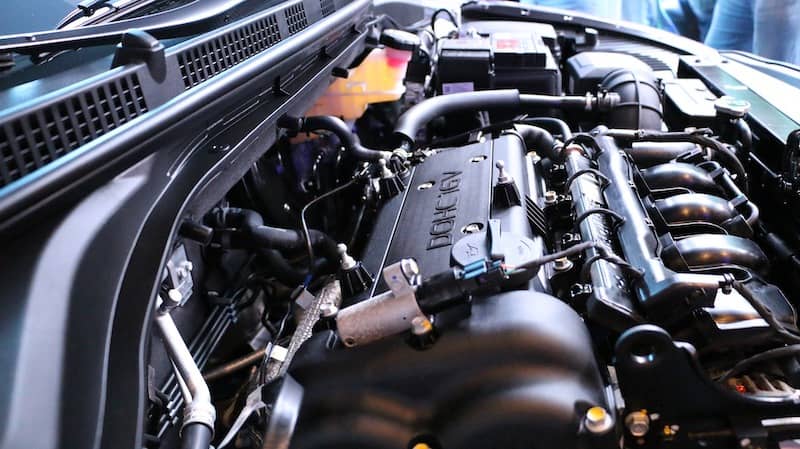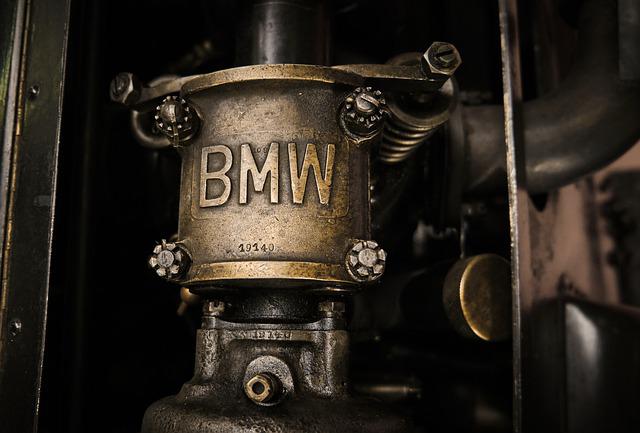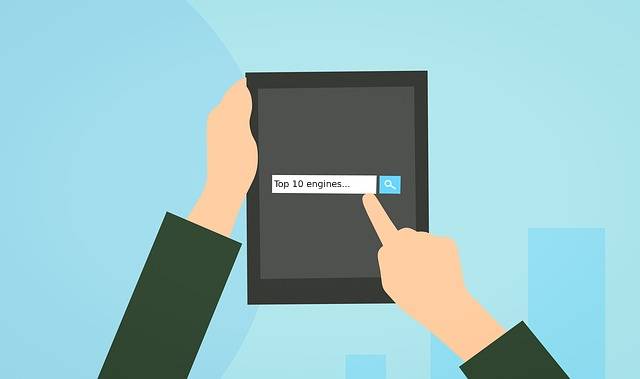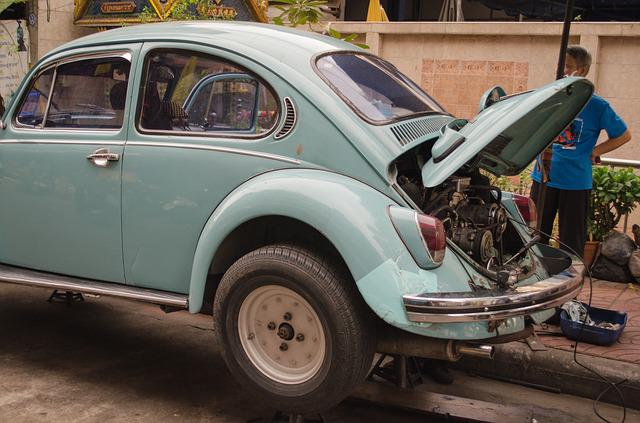Antifreeze: Is it Really Important for Your Car Engine?
Find Used Engines and Transmissions for a Great Price! Live Assistant For Used Engines Call 1800-518-9776

What is Antifreeze?
Antifreeze is a tinted liquid that is added to the car’s radiator (together with water) to assist in regulating engine temperature. Its primary component is ethylene glycol, which lowers the freezing point of water while increasing its boiling point. This prevents the radiator's water from freezing, boiling, or evaporating.
Why is antifreeze necessary for your car’s engine?
Antifreeze, like fuel and lubricant, is critical to the proper functioning of an engine. Your car's engine generates a large amount of heat, which if left unchecked, can result in major damage. This is why antifreeze is critical for vehicle maintenance. Antifreeze, when combined with water and supplied to the radiator, assists in regulating engine temperature while protecting and lubricating various metal components in the cooling system of your engine.
Without it, the heat generated by combustion would soon overheat the engine, causing it to seize completely. In the worst-case scenario, your car's engine may get completely damaged. In this case, you can either buy a new engine or look for a used engine for sale. These days the concept of used engines is gaining immense popularity owing to the fact that these engines offer the same level of efficiency as the new ones and that too at an economical price.
Are antifreeze and coolant the same thing?
Frequently, the phrases "antifreeze" and "coolant" are used interchangeably, which is incorrect. Antifreeze is a component of the coolant used in engines. More precisely, coolant is a solution of antifreeze and water.
Water alone is insufficient to cool an engine. The heat generated by combustion will eventually bring it to a boil. Water alone can evaporate in the summer, and it can freeze in the winter, rendering it unusable. The majority of car manufacturers recommend that you use a 50/50 mixture of water and antifreeze in your radiator.
Why does antifreeze need to be changed?
Antifreeze, like all other fluids in your vehicle, degrades with time and eventually gets more acidic. This results in corrosion of the radiator and other critical cooling system components such as the water pump, hoses, thermostat, and radiator cap.
Want to know more about Car Radiator and their function? Read here to know all about car radiator.
Additionally, rust, dirt, and other potentially dangerous particles can accumulate in your radiator. Contaminants such as this impair the ability of antifreeze to regulate engine temperature. This can result in the engine overheating, the block cracking, or even the piston welding to the cylinder.
How often should antifreeze be changed?
Always begin by consulting your owner's manual. Antifreeze should be replaced every 48,000 kilometers (30,000 miles) or three years, whichever comes first.
How do I change the antifreeze in my car?
Allow your radiator and engine to cool for at least an hour after changing the antifreeze. Open the hood and check for cracks or leaks in the radiator and hoses. Damaged components must be replaced or repaired. The radiator cap should be removed. Remove the drain plug from the radiator and drain the coolant. Tighten the plug, add distilled water to the radiator, and run the engine for 10 minutes. Allow the engine to cool before draining it again. Refill the radiator with a radiator flush, using additional distilled water as needed. Rep this procedure until the water drains clear. Finally, add a 50/50 mixture of antifreeze and distilled water to the radiator and replace the radiator cap.
Conclusion: How to put antifreeze in a car and protect your engine for the long term?
Ascertain that your engine and radiator have cooled for at least an hour. Combine antifreeze and distilled water in an exact 50/50 ratio. Remove the radiator cap carefully, add the antifreeze solution, and reinstall the cap.Always refer to your user's manual beforehand for operations such as these. It's also critical to keep in mind that the coolant system in your automobile is pressurized and collects dangerous levels of heat. Never attempt to do this while the engine or radiator is still hot. Inadequate safety procedures can result in significant injury.
Looking for more vehicle maintenance, engine maintenance or used motor, used transmission-related tips? Explore our website.
related
You May Also Like

Which BMW Has the Most Horsepower?
A car is useless if it doesn’t have good horsepower. Just imagine driving your car with sluggish acceleration and it drags on the road whenever you take it for a spin.
Read Article
10 Best Engines Made So Far By Top Engine Manufacturers
Over the years, the car industry has seen major changes. Car engines have become smarter and it looks like every new engine that rolls out is better than the other.
Read Article
How to Make Your Car Last Forever?
Isn’t it lovely when a new car works the way you want? The gears shift smoothly and the wheels roll without dragging against the road. But as your car gets older, you’ll notice that it doesn’t drive smoothly, has lower fuel mileage, and overheats easily.
Read Article